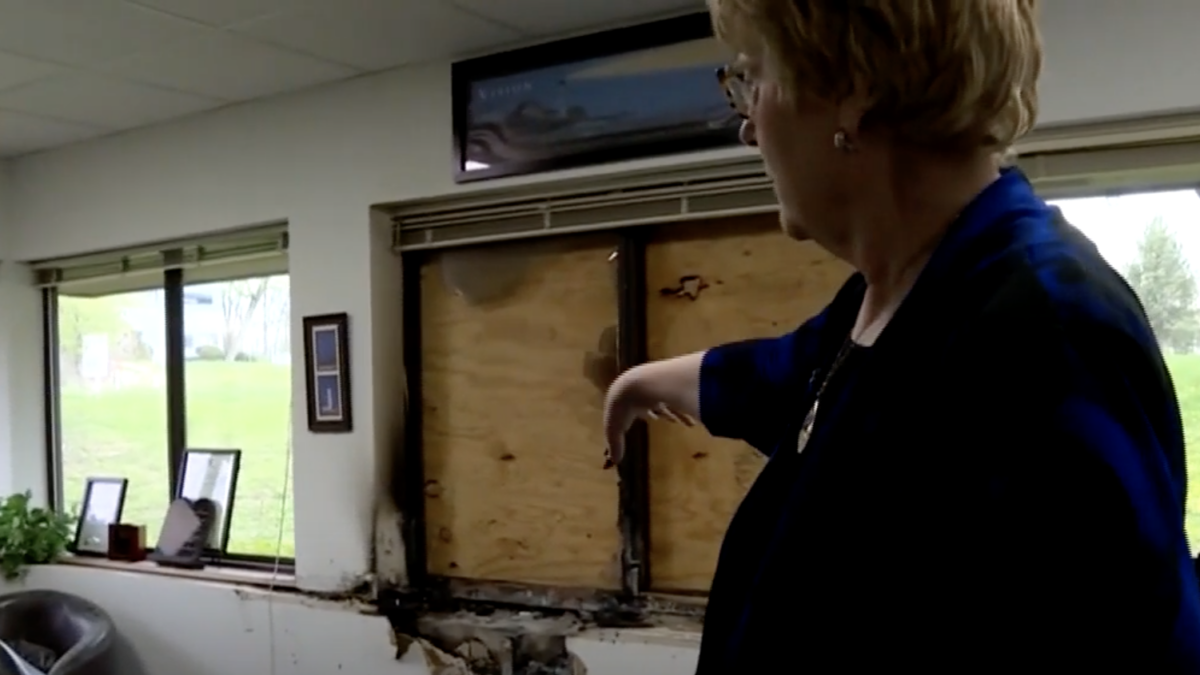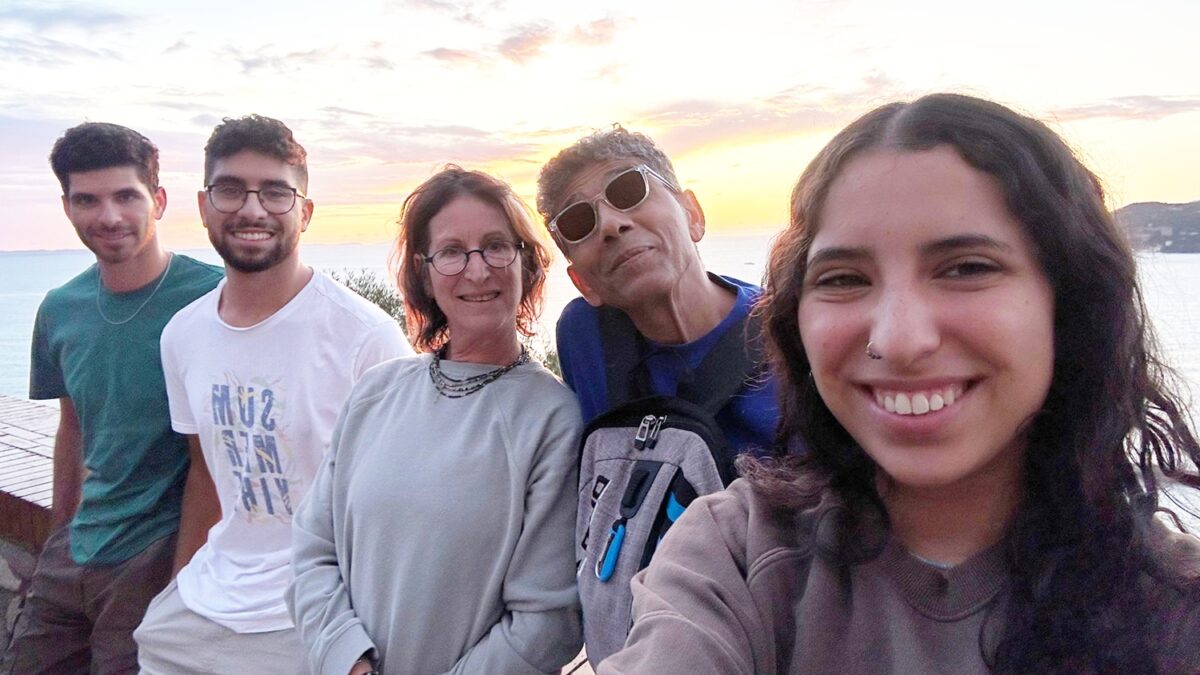
In the wake of the Orlando terrorist attack, which left 50 dead and for which ISIS claimed responsibility on Sunday, there’s one question we probably will not debate seriously: whether we should return to the Bush doctrine and shut down terrorist safe havens overseas, and specifically whether we should deploy troops to the Middle East to destroy ISIS.
Instead, gun control and anti-gay bigotry will be the going concerns, especially among our liberal and media elite in the days ahead, just as they were in the hours after the attack. Partisans on the Left believe they can bend those aspects to their advantage in domestic political battles, and that’s what they’ll talk about.
Indeed, it only took President Barack Obama a few minutes in his remarks Sunday afternoon to suggest that one of the proper responses to Orlando would be to pass stricter gun-control measures. This is one of the president’s favorite talking points after a “mass shooting,” regardless of who does the shooting or why. It matters little that the shooter, Omar Mateen, was armed with firearms he appears to have acquired legally, or that he was a licensed security guard and thus wasn’t the type of person who would be denied a firearm even under a far stricter gun control regime.
Obama Doesn’t Think Terrorism Is A Big Deal
No matter. We will hear more about gun control. But we won’t hear the president announce a new foreign policy to defeat ISIS because on a fundamental level Obama think these kinds of terrorist attacks are an acceptable price to pay for American nonintervention in the Middle East.
A passage from Jeffery Goldberg’s lengthy piece in the April edition of The Atlantic, “The Obama Doctrine,” captures the essence of Obama’s thinking about ISIS and radical Islamic terrorism generally. In the immediate aftermath of the Paris attacks last November, Obama, who had been on a globe-spanning presidential trip when the attacks occurred, was lambasted for failing to understand the fear among many Americans that something like that might happen here. But there was a reason Obama appeared to be unmoved, and it wasn’t just jet lag. Goldberg goes on to note that Obama
has never believed that terrorism poses a threat to America commensurate with the fear it generates. Even during the period in 2014 when ISIS was executing its American captives in Syria, his emotions were in check. Valerie Jarrett, Obama’s closest adviser, told him people were worried that the group would soon take its beheading campaign to the U.S. ‘They’re not coming here to chop our heads off,’ he reassured her. Obama frequently reminds his staff that terrorism takes far fewer lives in America than handguns, car accidents, and falls in bathtubs do.
Obama’s courtiers in the media often parrot this talking point, in some cases explicitly following the president’s instructions to tally up the number of Americans who’ve been killed by terrorist attacks and compare them to the number of those killed by gun violence. It’s a useful exercise if you want to minimize the threat of terrorism and push for stricter gun control, but it doesn’t do much to address the central problem of radical Islamic terrorist attacks on U.S. soil.
That, of course, was precisely what the Bush doctrine tried to address in the wake of 9/11. The idea was that terrorist safe havens could not be allowed to persist anywhere in the world, especially in distant and largely ungoverned places like Afghanistan, where Al Qaeda had ample time to marshal resources and plan attacks. We would have to go over there, not just for revenge but specifically to preempt future plots against the West. “We’re going to smoke them out,” President Bush said a week after 9/11, adding, “The Taliban must take my statements seriously.” Two weeks later, American and British forces were bombing Taliban and Al Qaeda forces in northern Afghanistan.
Obama, elected partly on a promise to end America’s post-9/11 wars and bring troops home from Iraq and Afghanistan, effectively repudiated this doctrine. He withdrew U.S. forces from Iraq in 2011 and formally ended combat operations in Afghanistan in 2014. In both cases, Obama claimed the governments of those countries could, with minimal assistance from America, deal with the terrorist groups still operating in their countries. Of course, we still have troops in Iraq and Afghanistan, and the numbers of U.S. soldiers deployed in combat roles have been quietly increasing as it becomes clear that those governments are not up to the task of fighting ISIS and a resurgent Taliban.
The Case For Wiping Out ISIS
There is, of course, a strong argument for deploying a substantial number of ground troops to Iraq and Syria and wiping out ISIS once and for all. The mere existence of the group emboldens radical Muslims and ISIS sympathizers across the globe, who don’t seem to care if ISIS fighters are losing ground in Syria and Iraq. The perception is that they are ascendant. After all, they have survived this long, defying the United States and other western powers that have called for their destruction but been unwilling to carry it out.
Arguably, destroying ISIS would show the Mateens of the world that ISIS is a lost cause. Like the San Bernardino shooters Syed Rizwan Farook and Tashfeen Malik, Mateen was inspired by ISIS but likely had no direct contact with the group. He allegedly called 911 just before he launched his attack and pledged allegiance to ISIS, and indeed may have been thinking about something like this for years. The FBI investigated him twice, in 2013 and 2014, after he implied to co-workers that he had ties to terrorists.
For its part, ISIS has encouraged these kind of attacks against civilians, and will continue to do so. It might turn out that a man armed with guns and explosives, whom the FBI arrested Sunday and who admitted he was planning to attend a gay pride parade in Los Angeles, was also inspired by ISIS. It might turn out that we see much more of this in the coming weeks, since ISIS has encouraged its followers to carry out attacks during the Muslim holy month of Ramadan, which goes until July 5.
But no matter how many Orlandos or San Bernardinos we have, it will not convince Obama that radical Islamic terrorism is enough of a threat to justify the cost of denying terrorist groups safe haven overseas. More to the point, returning to some version of the Bush doctrine doesn’t help Obama in his domestic political battles, which are the true objects of his foreign policy. But there is a cost to that, too, and we are likely to keep paying it in American lives lost—not overseas, but here at home.









